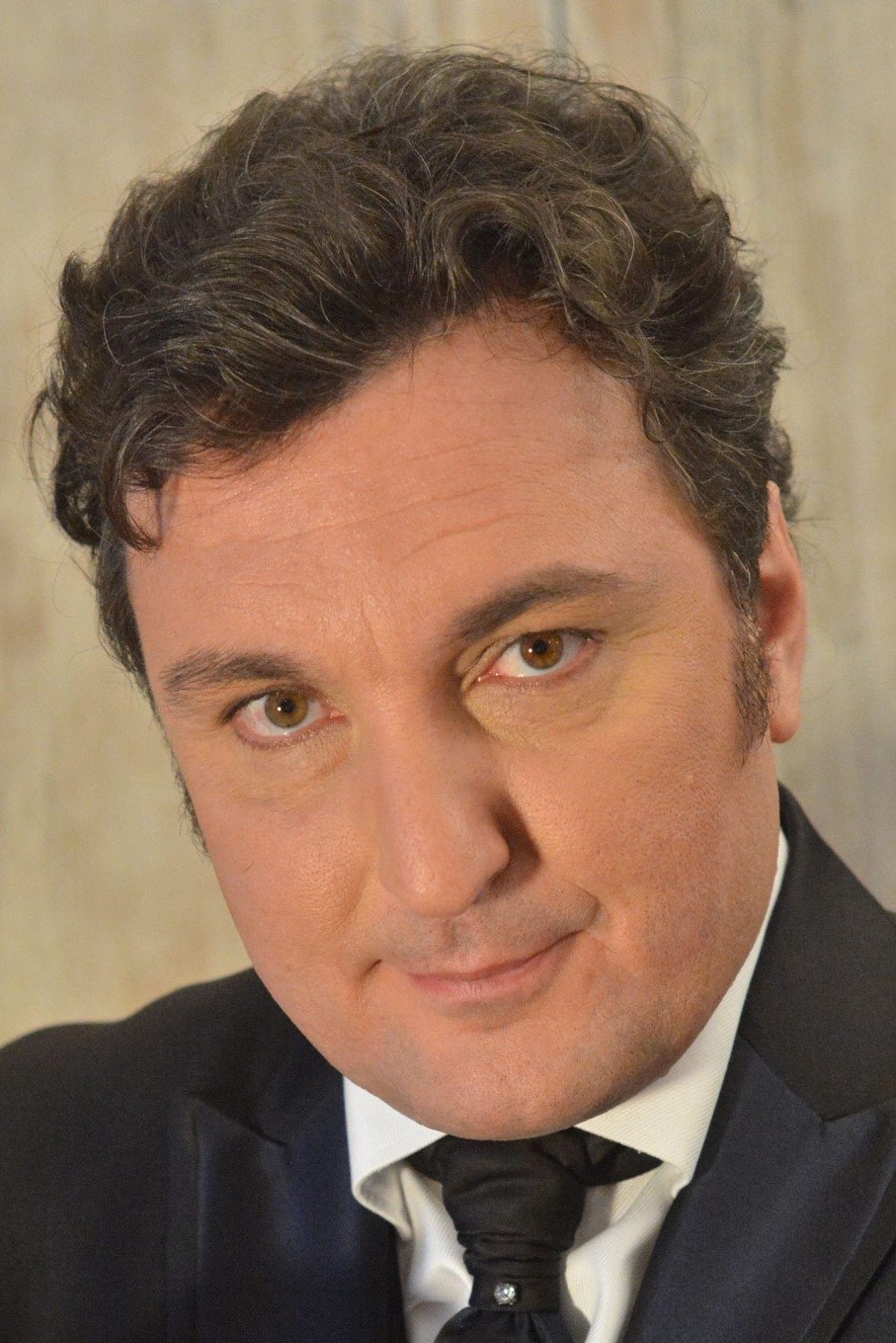
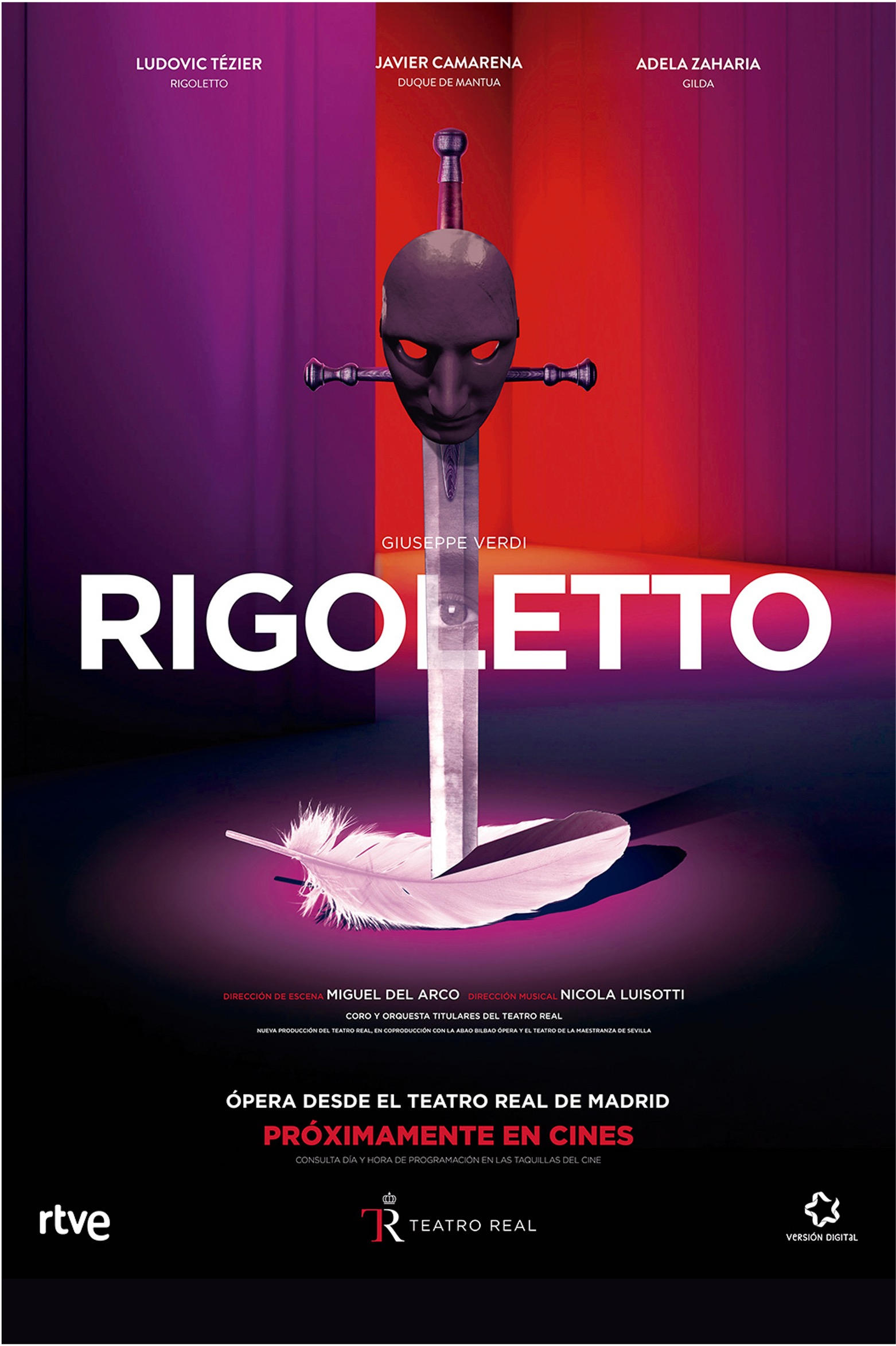
To elevate a jester to a tragic stature comparable to a Macbeth or a Lear is no easy feat. The dramatic essence of Shakespeare runs in the veins of this Rigoletto, although the story is based on the controversial Le roi s’amuse by Victor Hugo. While the play was prohibited in France for more than fifty years, Verdi himself fought with the censors who initially prevented the publication of his opera. Multi-faceted, perhaps more than any other opera by Verdi - tender, cruel, interspersed with remarkable strokes of black humour -, Rigoletto is also a heart-wrenching study about the love between a parent and a child. Given the helplessness of a woman in the face of a group of men, Teatro Real’s production, which is directed by Miguel del Arco, also considers society's concept of masculinity. Nicola Luisotti conducts some of the great voices of our day, including Javier Camarena, Ludovic Tézier, Marina Viotti and Adela Zaharia.
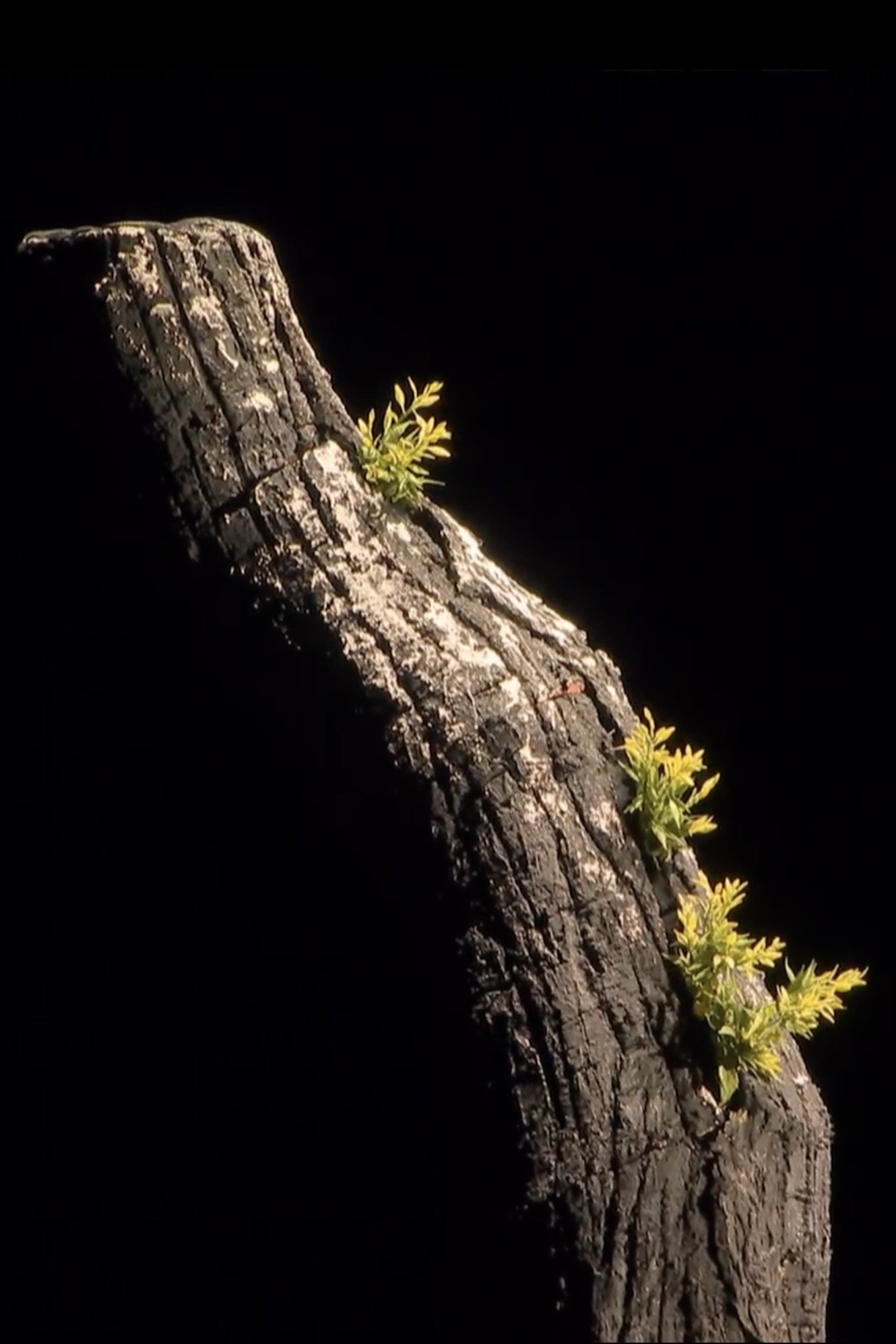
Riccardo Chailly inaugurates the 2024-2025 Opera Season with a new production of La forza del destino, conducting his ninth Verdi title at La Scala. Leo Muscato will direct yet another cast of extraordinary prestige. A complex opera in terms of dramaturgy, first performed in St. Petersburg in 1862 and debuting in its final form at La Scala in 1869 with the creation of the famous overture, La forza del destino offers some of the most memorable Verdi melodies. It has been absent from the programme since the Verdi centennial in 2001, when it was brought to La Scala by the artists of the Mariinsky Theatre of St. Petersburg; the La Scala Orchestra and Choir have not performed it since 1999.
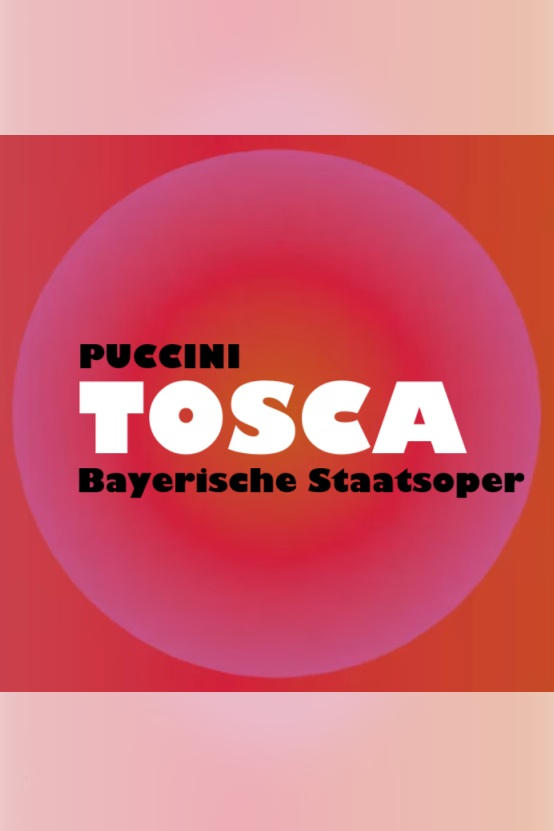
For this new production at the Bayerische Staatsoper, stage director Kornél Mundruczó and conductor Andrea Battistoni don’t shy away from the violence in this score and libretto. The 1970s setting presents the action as Cavaradossi incarnating Pier Paolo Pasolini in his final days, filming his controversial movie Salò.
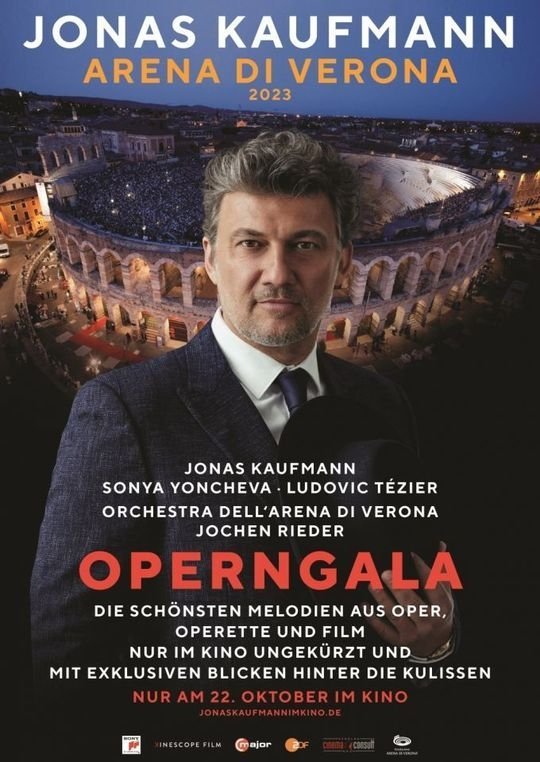
For the centenary of the Verona Opera Festival, Jonas Kaufmann gave a gala concert in the Arena on 20 August 2023. With colleagues Sonya Yoncheva and Ludovic Tézier, and accompanied by the Orchestra della Fondazione Arena di Verona conducted by Jochen Rieder, he performed arias and duets from Tosca, Otello and Andrea Chenier, and evergreens by Franz Lehár and Leonard Bernstein as well as famous film songs such as 'Nella fantasia' (The Mission) and 'Nelle tue mani' (Gladiator).
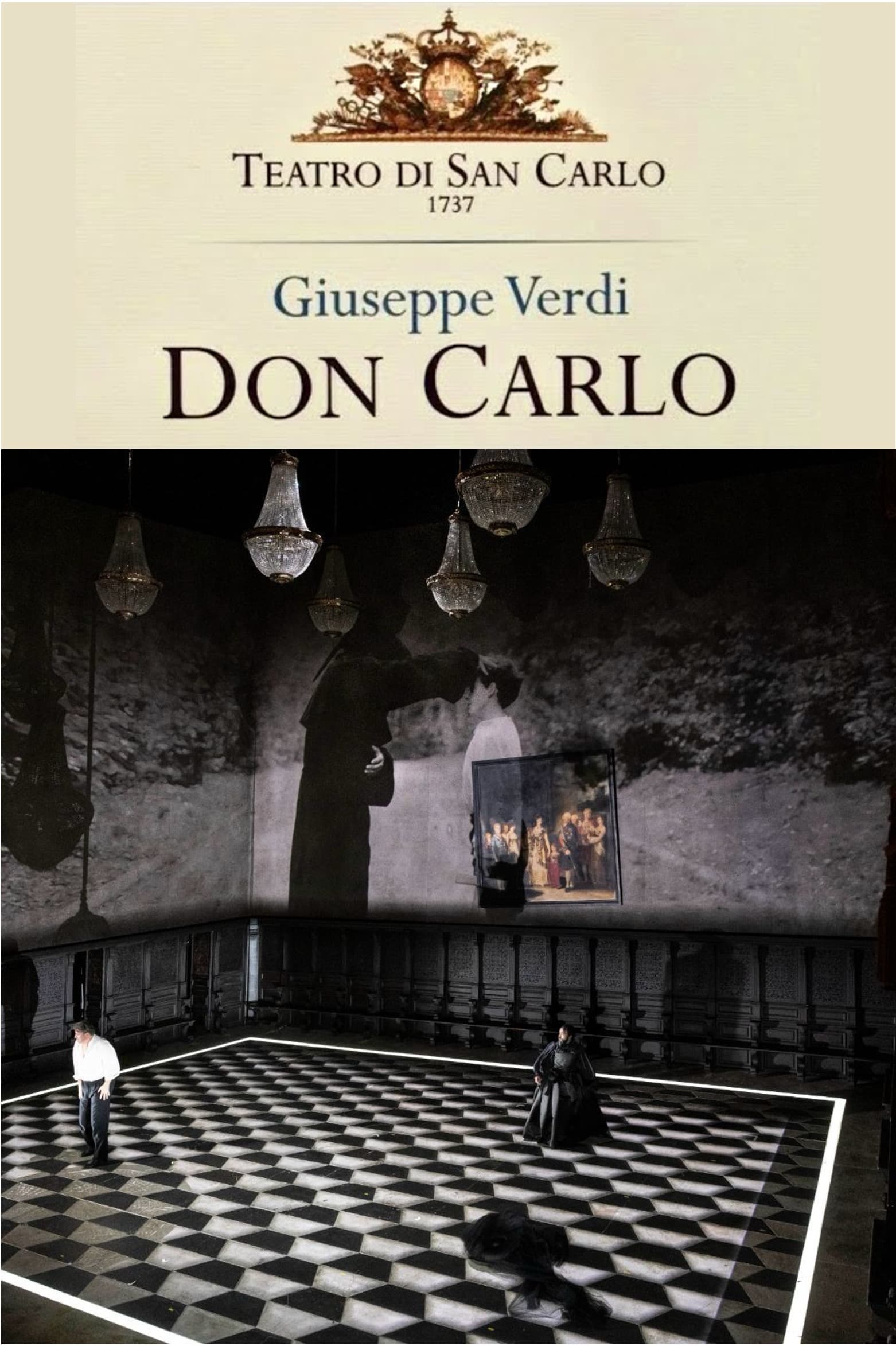
The 2022 Don Carlo at the Teatro di San Carlo, staged by Claus Guth, offers a contemporary, psychologically driven interpretation of Verdi's opera. Set in minimalist, stark environments, the production explores themes of power, betrayal, and inner conflict. The cast features Matthew Polenzani as Don Carlo and Ailyn Pérez as Elisabetta di Valois, both delivering compelling performances. Conducted by Juraj Valčuha, the production combines modern staging with the emotional depth of Verdi's score, providing a fresh perspective on the classic work.
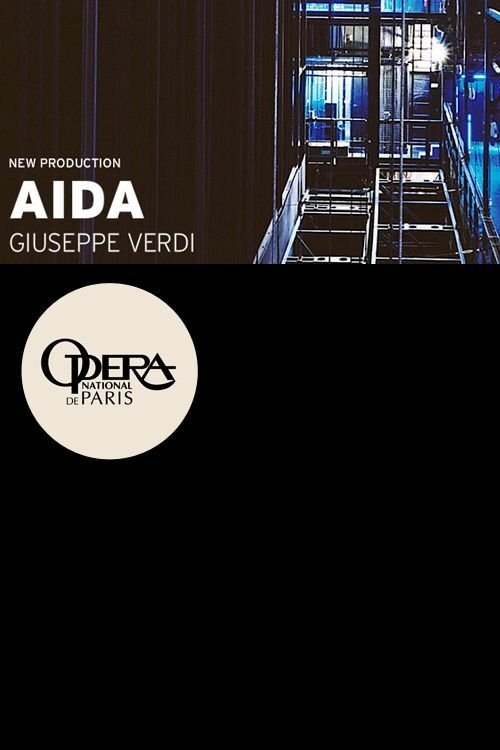
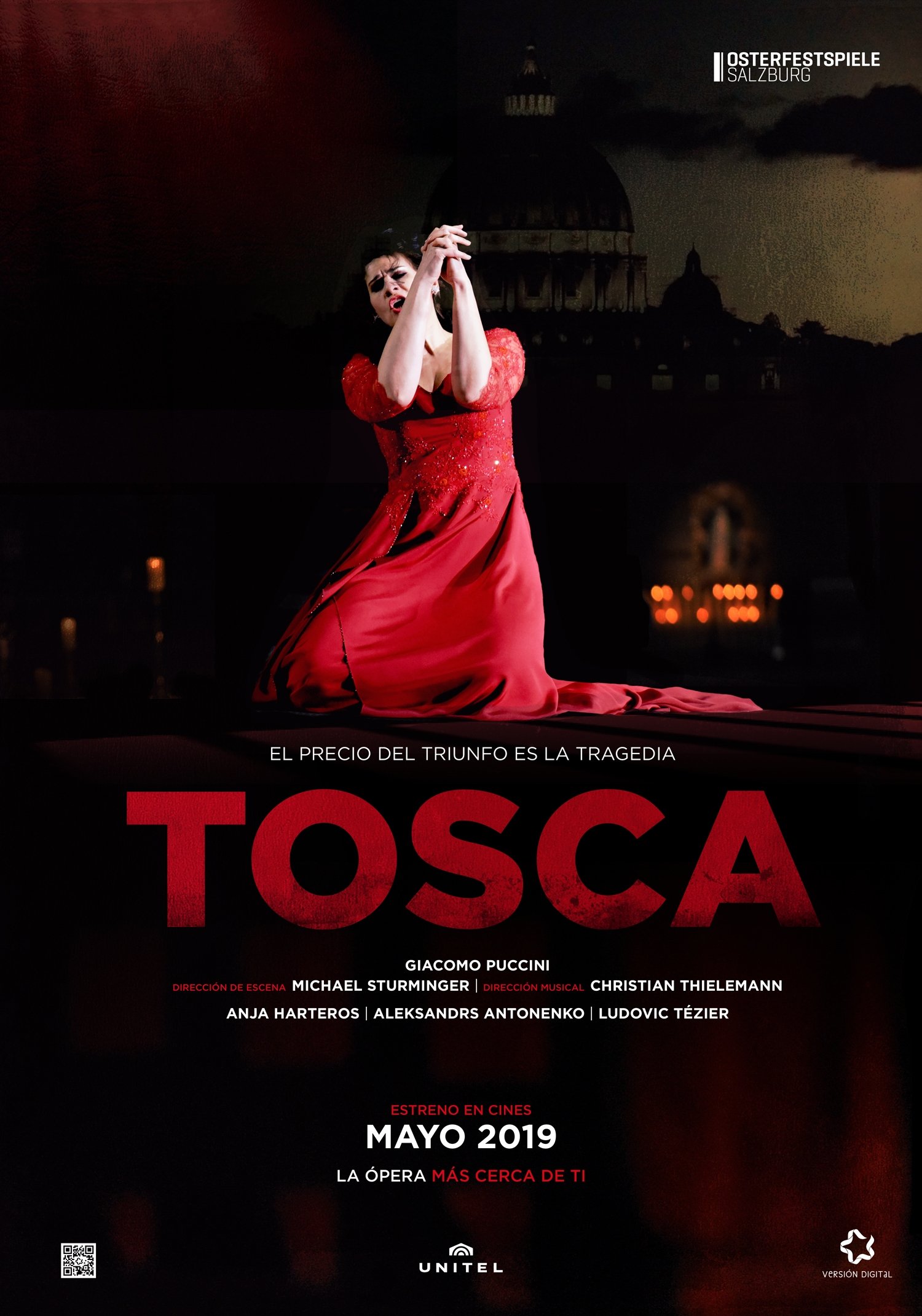
Anja Harteros excels in the title role of Michael Sturminger’s cinematic staging of Puccini’s “Tosca”, the centrepiece of Salzburg Easter Festival. Aleksandrs Antoņenko compellingly portrays Cavaradossi, while Ludovic Tézier is a thrillingly malevolent Scarpia. Christian Thielemann leads the Staatskapelle Dresden. “Tosca” is a political thriller with a heart-breaking love story that gives a vivid account of the harassment of artists, political persecution, torture and arbitrary executions. In Salzburg it is set in the Mafiosi world of modern day Rome and is “the perfect thriller … reminiscent of Scorsese’s ‘Goodfellas’” (Kleine Zeitung), a “film noir”
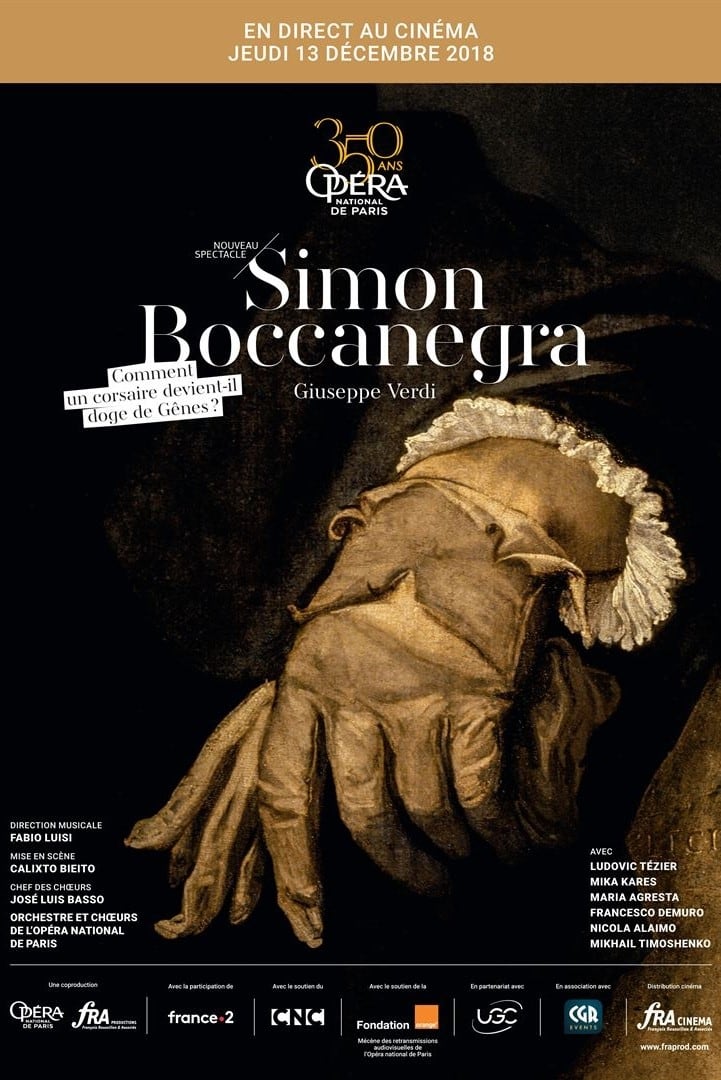
The ambiguities of Verdi’s theatre are particularly clear in his baritone roles, among which is that of Boccanegra, corsair turned doge of Genoa and the troubled observer of the conflicts that tore apart 14th century landowners and peasants. An eminently political opera in which power struggles are interwoven with family conflicts, Simon Boccanegra echoes the life of its composer – the man who championed the cause of Italian unification and overcame the loss of his wife and children. Calixto Bieito, that most Shakespearean of opera directors, brings humanism and truth to a work haunted by gleaming images of the sea.
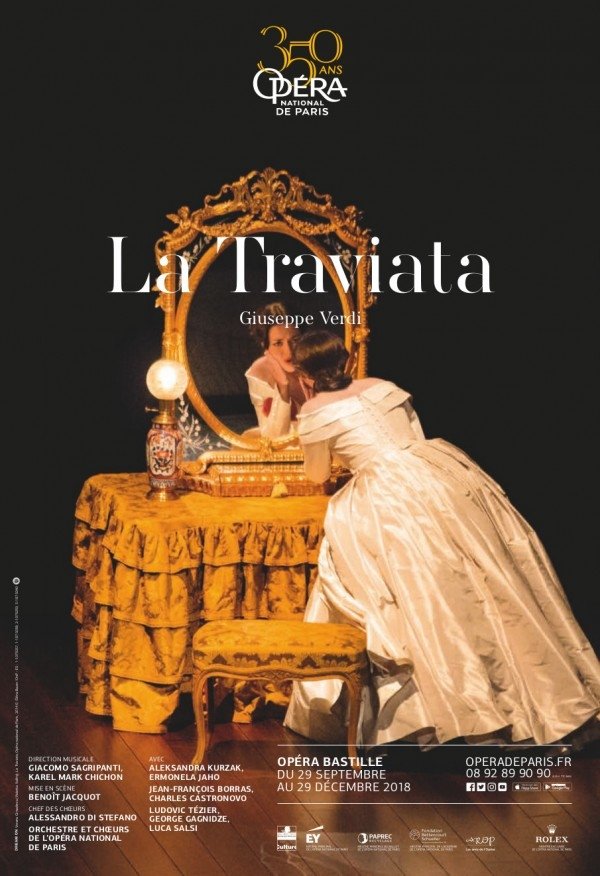
In Benoît Jacquot’s production, Manet’s Olympia dominates the stage of the Opéra Bastille. In 1863, the painting caused a scandal: the prostitute awaits her client, her expression proud, her demeanour assured. Is this Violetta? Like Olympia, Verdi’s most celebrated heroine surrenders to the spectator just as she surrenders to love, going so far as to die on stage, a woman’s ultimate sacrifice for her lover. Or might it be the spectator who strips her bare and intrudes upon her privacy, in the image of this milieu of social voyeurism? Whatever the case, these two women regard us with defiance and subjugate those who cannot help but look at them.
By browsing this website, you accept our cookies policy.